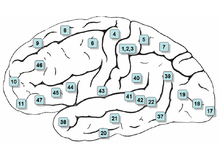
Back بوابة:علم النفس Arabic Портал:Психология Bulgarian دەروازە:دەروونناسی CKB Portál:Psychologie Czech Portal:Psychologie German Portal:Psicología Spanish Portaal:Psühholoogia Estonian درگاه:روانشناسی Persian Teemasivu:Psykologia Finnish Portail:Psychologie French
© MMXXIII Rich X Search. We shall prevail. All rights reserved. Rich X Search


























